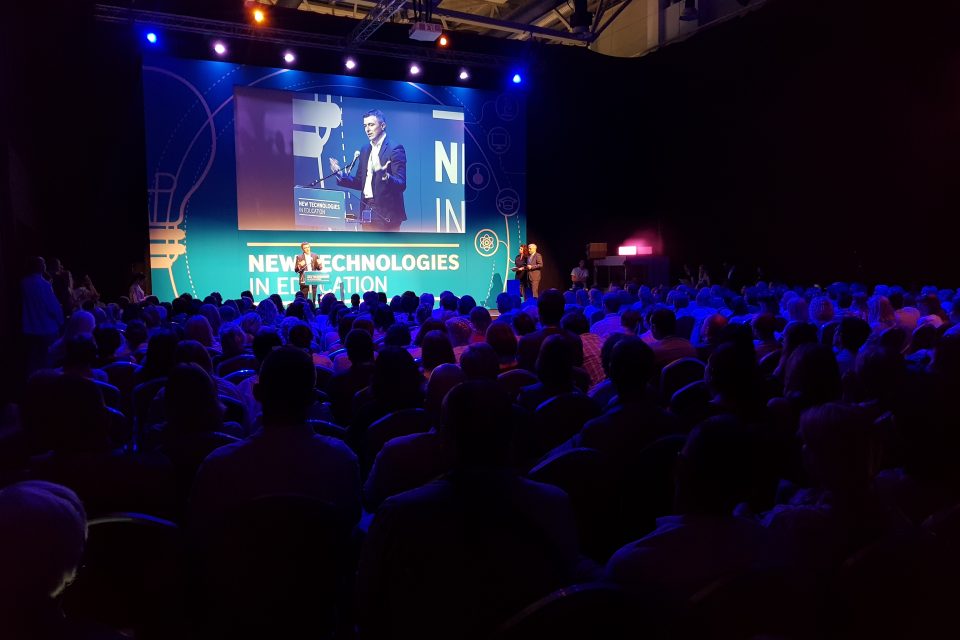In Serbia, the British Council’s New Technologies in Education event, run in partnership with Microsoft, has recently concluded its fifth year, bringing together educators, students, policy makers and more, with one key goal – to improve the quality of education through best practices and the use of technology.
The conference brought together teaching and non-teaching members of staff from pre-school institutions, schools, universities and other organisations involved in education with the opportunity for professional development, to help them to become more innovative, modernise the learning process, and realise the possibilities provided by new technologies.
Themes covered during the two-day sessions included creativity in the classroom, coding, inclusive education and assistive technologies, and the development of digital content for learning.
Participants were also able to attend Minecraft: Education Edition workshops, adapted for the first time in the Serbian language, which demonstrated how children and young people can learn creatively.
Transformation is key
Preparing today’s children for the world of tomorrow is more important than ever. Research has shown that two of the main factors in engaging children in STEM subjects is creativity, and the examples of real-world applications – both of which are responsibilities which are heavily weighted towards educators.
Events such as New Technologies in Education are therefore crucial in ensuring that educational establishments are continuously evolving and developing their practices to inspire and educate children in a world where technology is growing exponentially more important.
Željko Vujinović, Country Manager, Microsoft Serbia, opened the event by stating that “Microsoft is a reliable and long-term partner to all institutions and stakeholders of the education system, recognizing the area of education as the basis for a better future and a sustainable development of society and economy.”
“Training teachers to work on modern IT platforms and offering free learning tools for students are just some of the initiatives implemented by Microsoft in Serbia. Our aim is to develop critical thinking and analytical problem solving with the help of modern technology, and thus enabling young generations for the requirements of the digital age.”
Ms. Tatjana Matić, State Secretary in the Serbian Ministry of Trade, Tourism and Telecommunication also presented the significant infrastructure project of introducing Wi-Fi network in 40 primary and secondary schools in Serbian rural areas, including as project IT Caravan – aimed to raise awareness of children’s safety on internet – both implemented in cooperation with Microsoft in Serbia.
The conference was preceded by a one-day gathering of regional ministers of education on the topic of digital transformation, where Microsoft’s Education Transformation Framework was presented, sharing the company’s global strategy to support adaptation of all levels of education to the needs of digital age.





